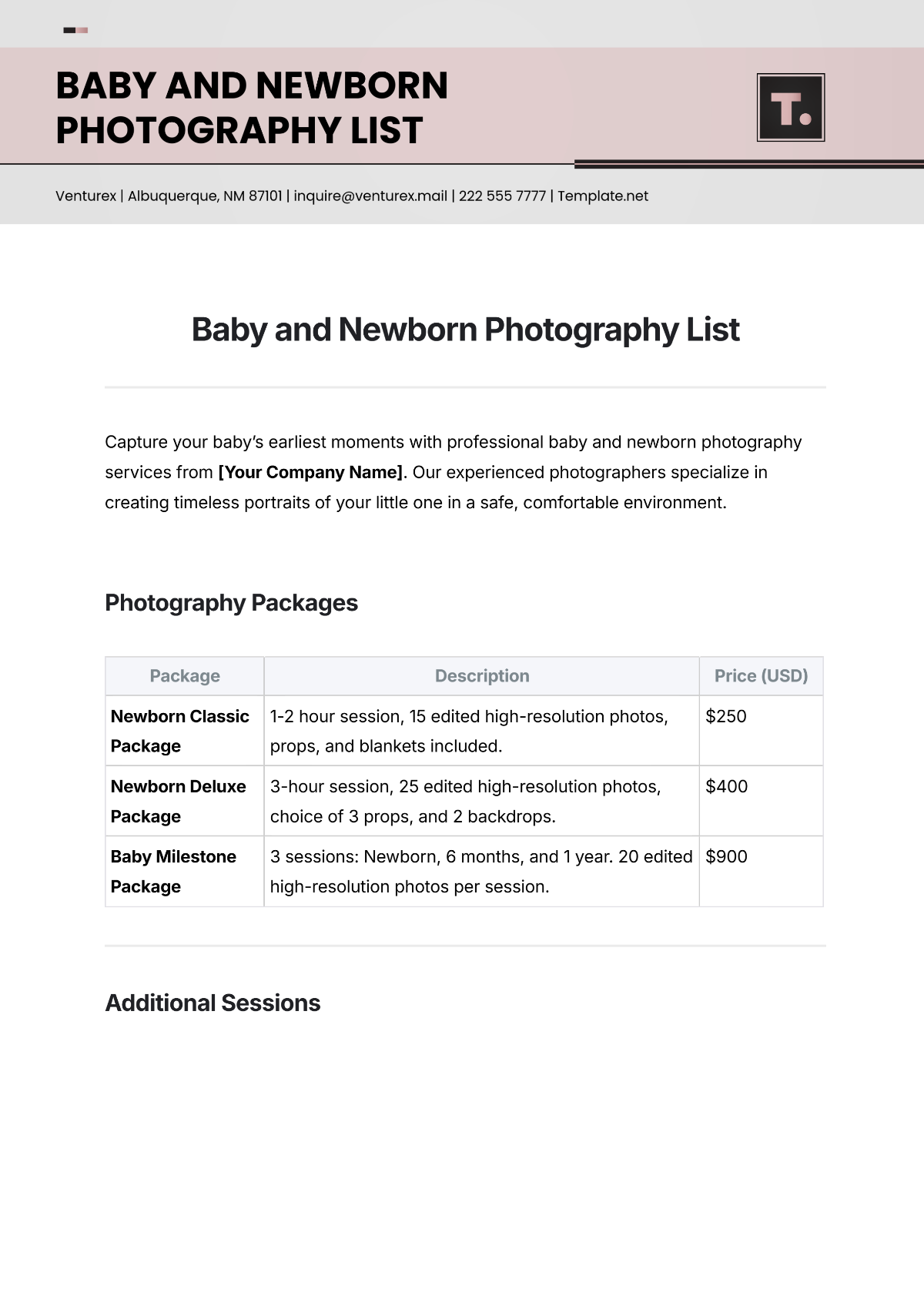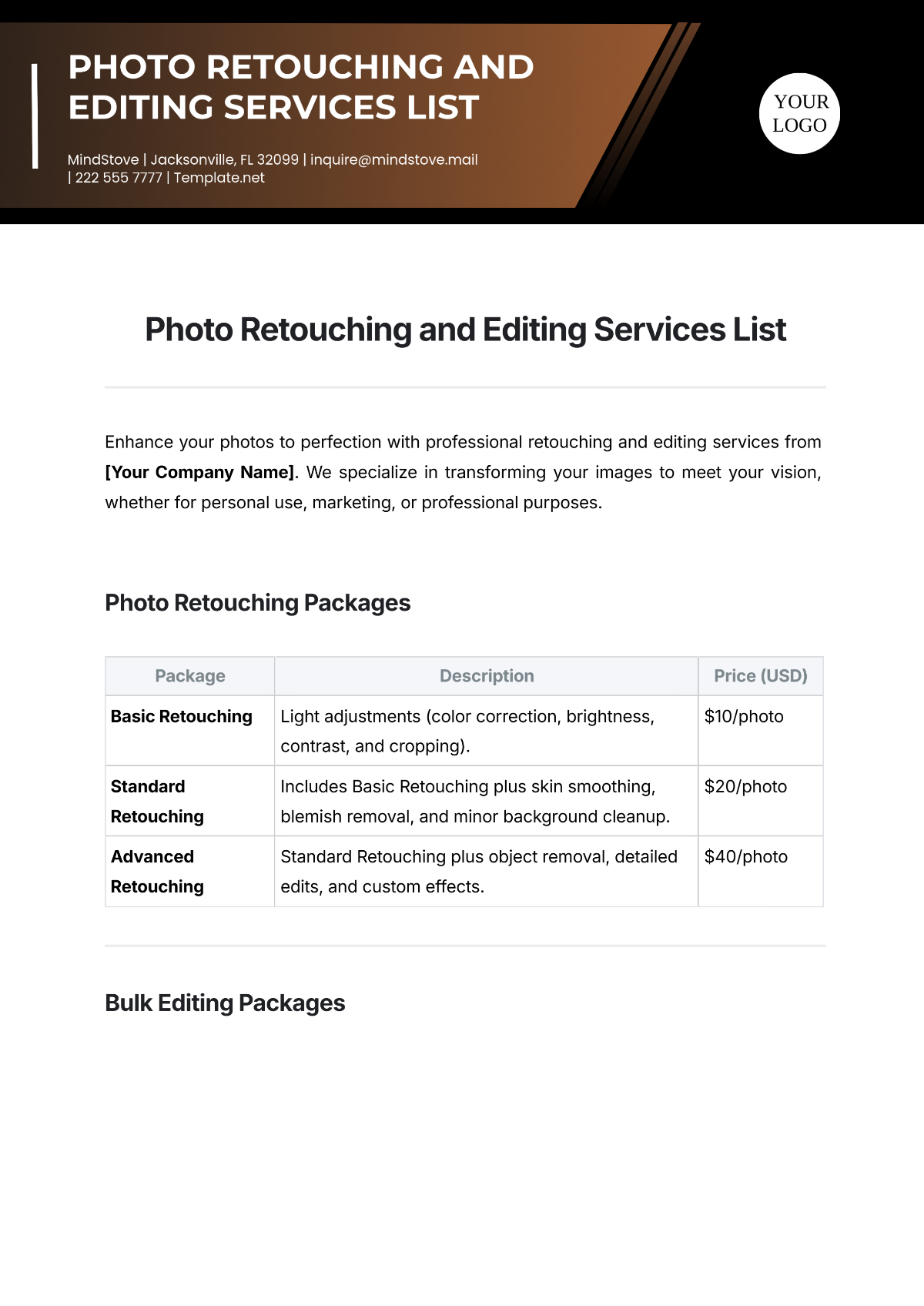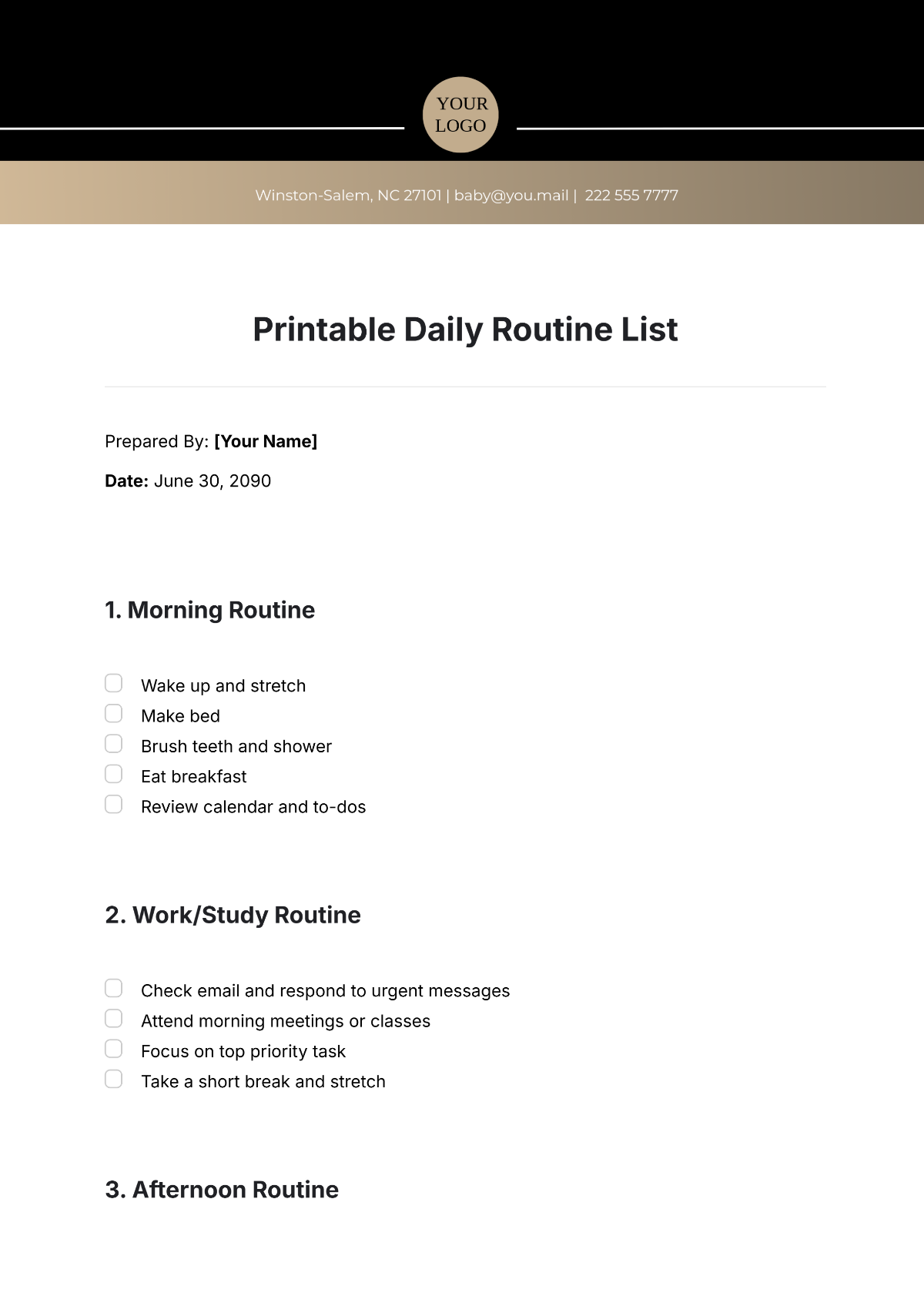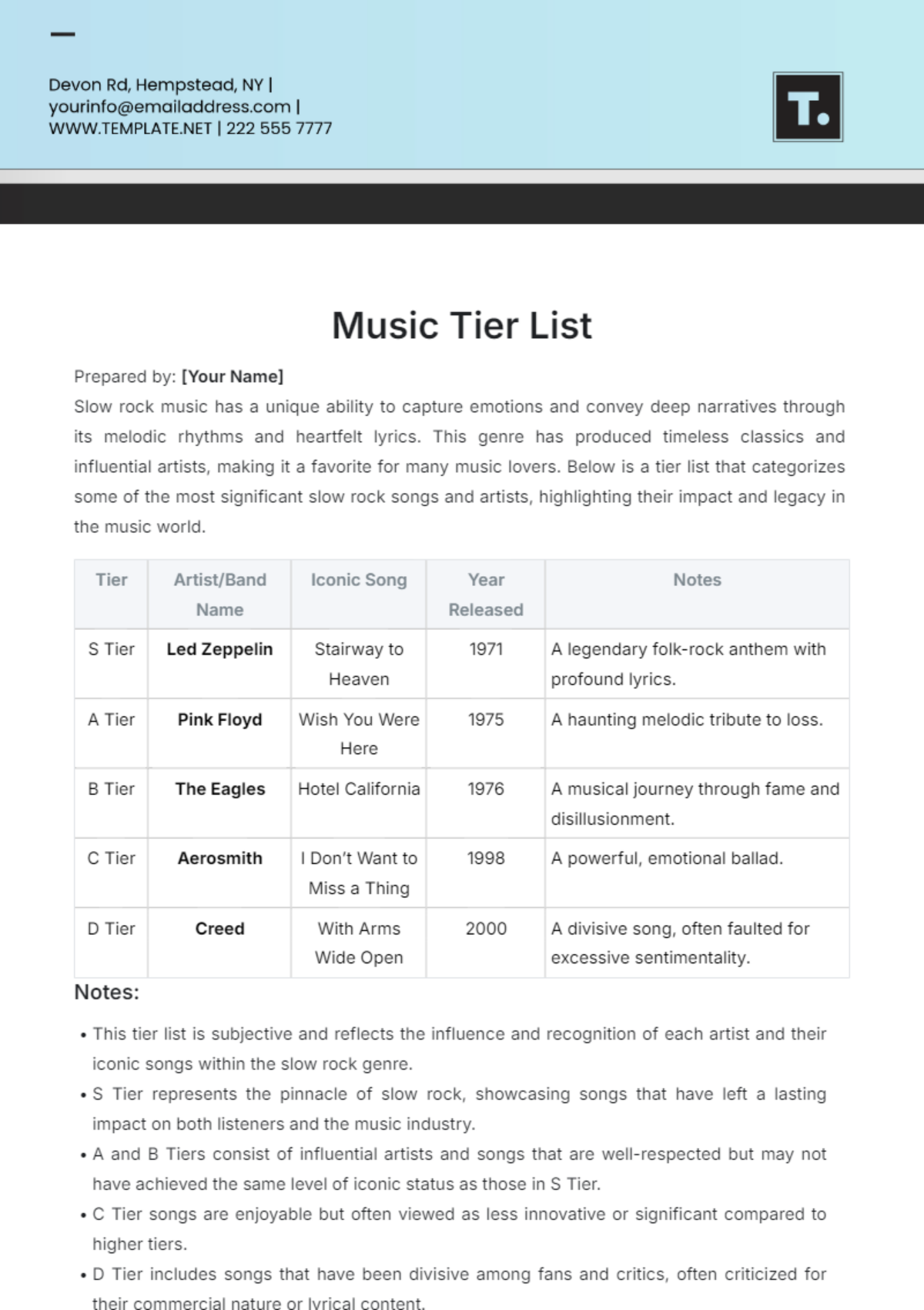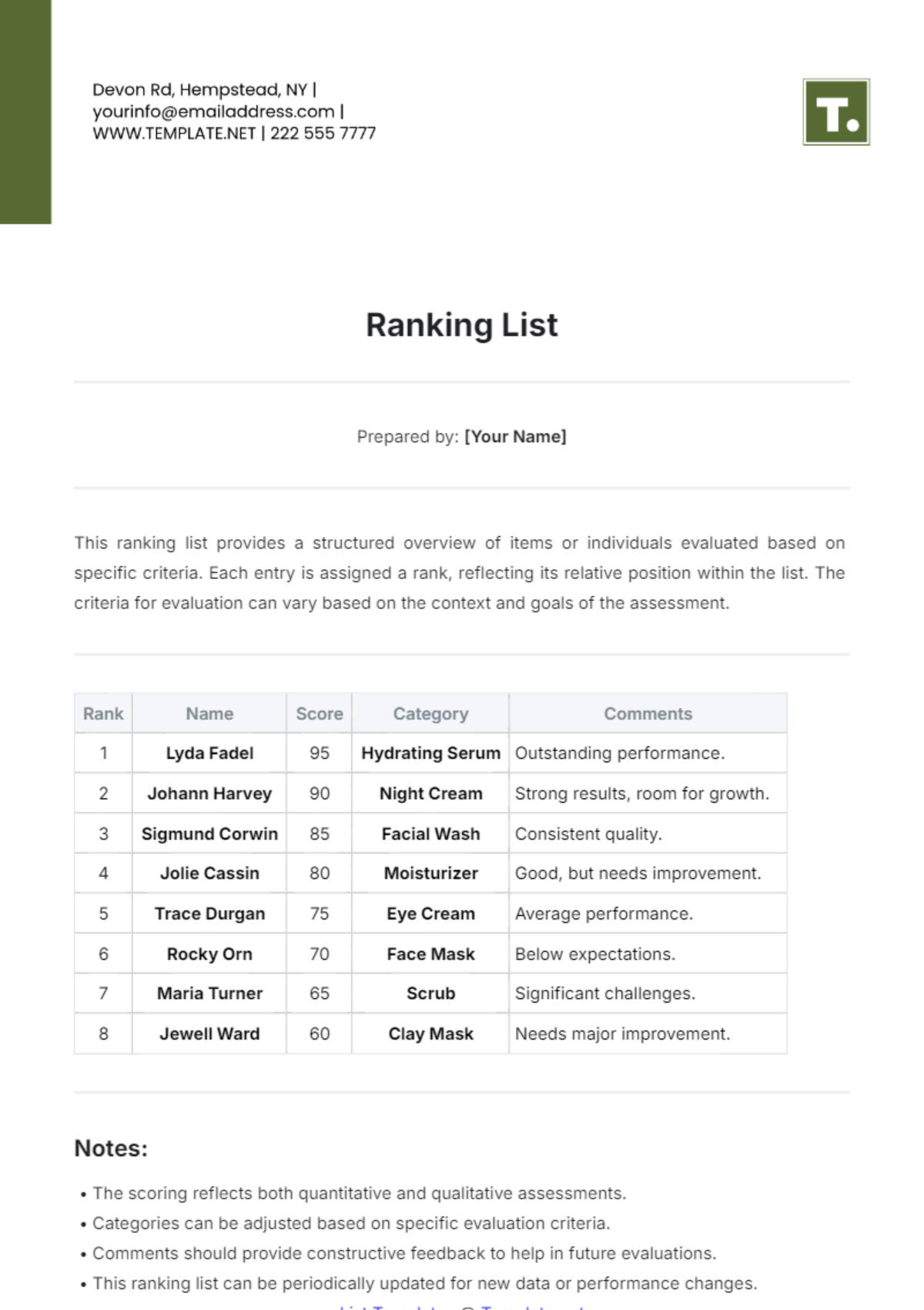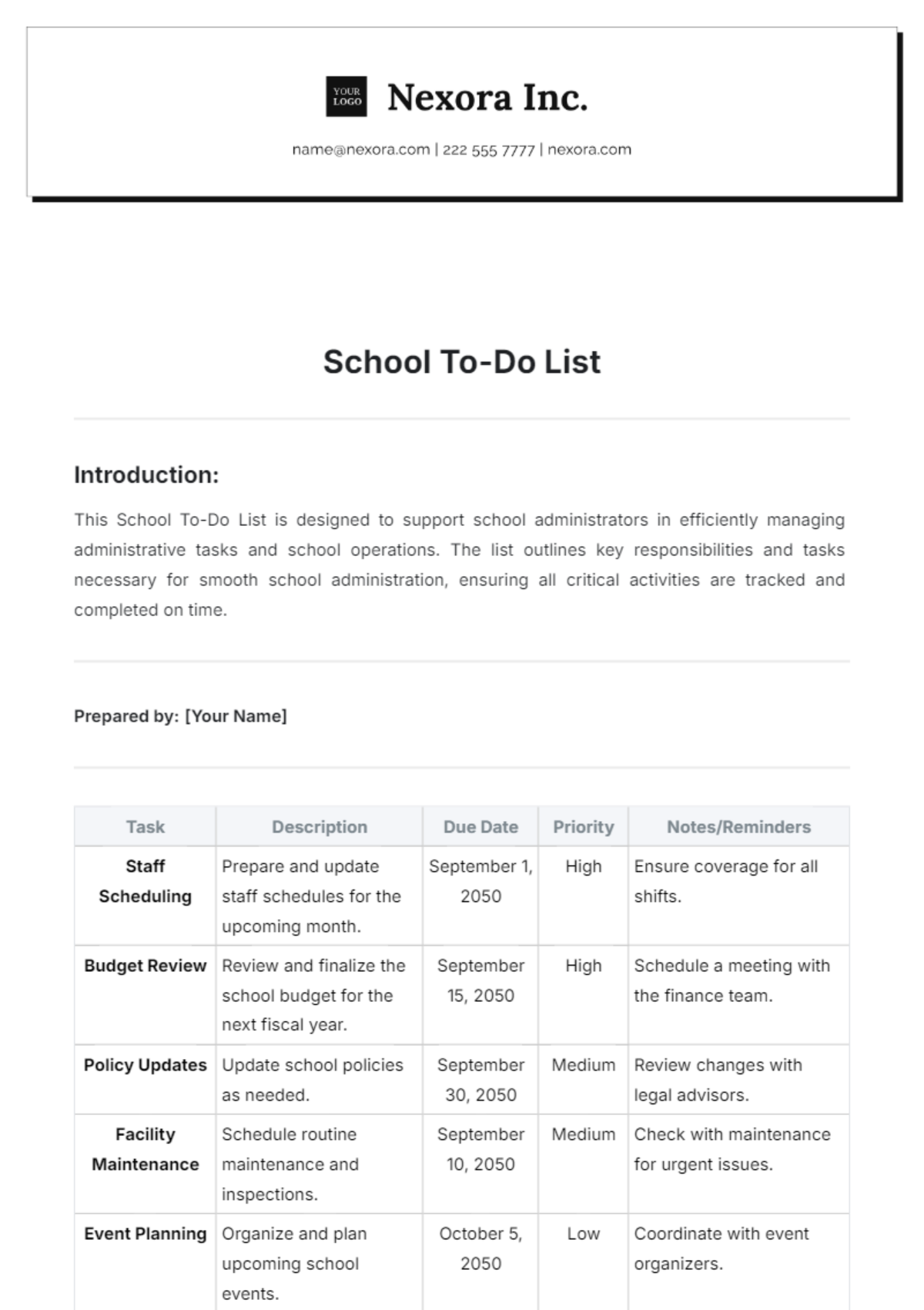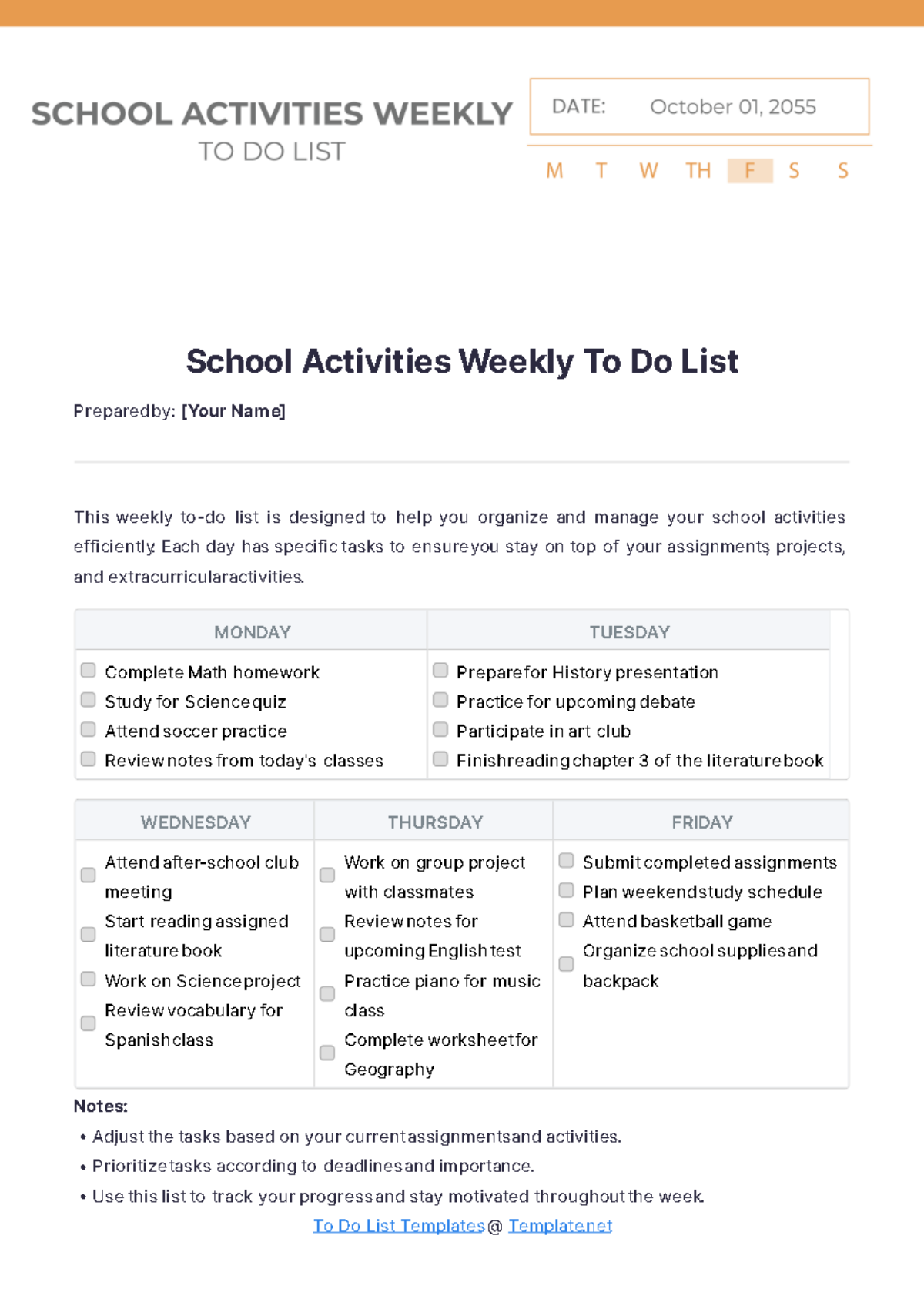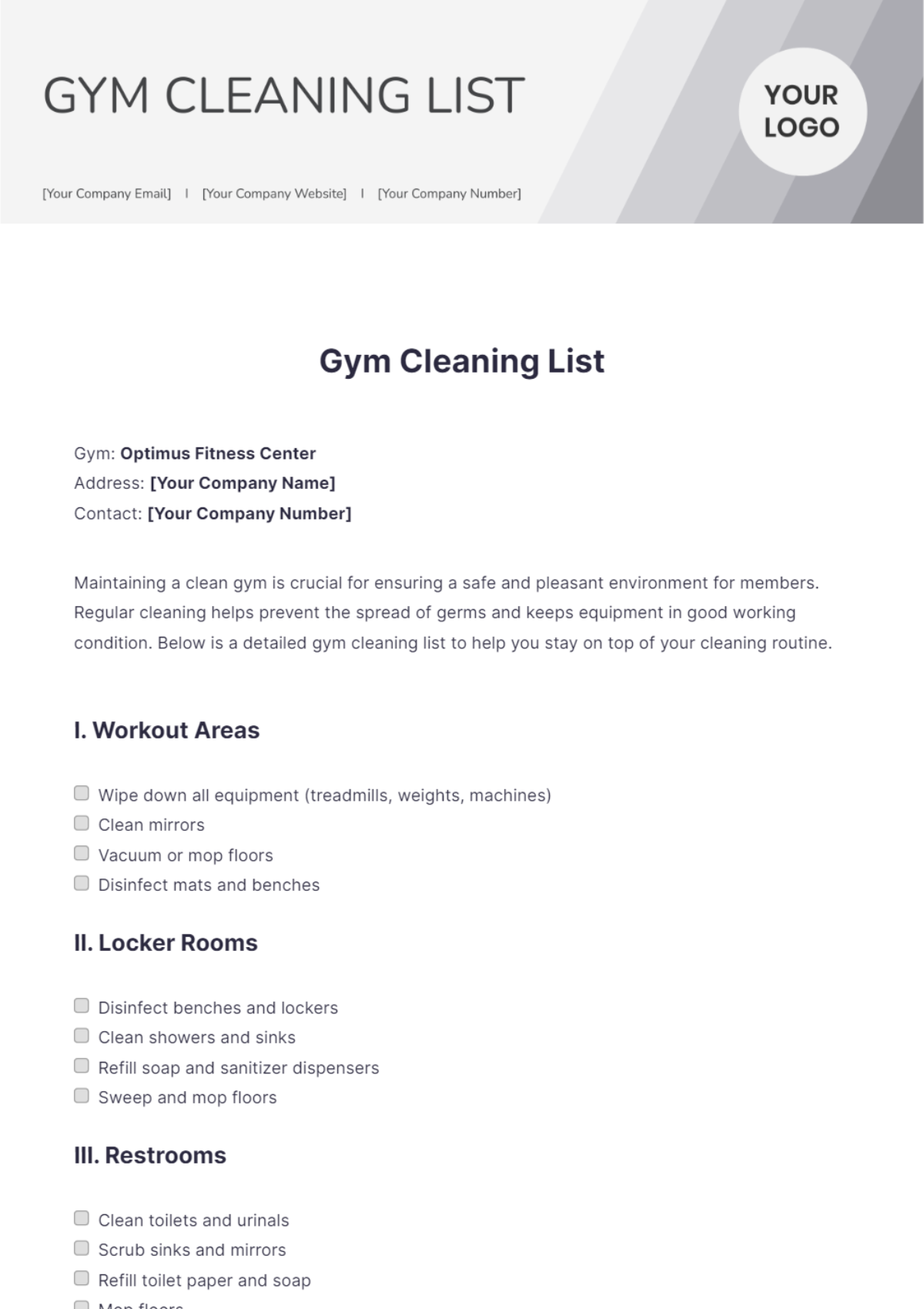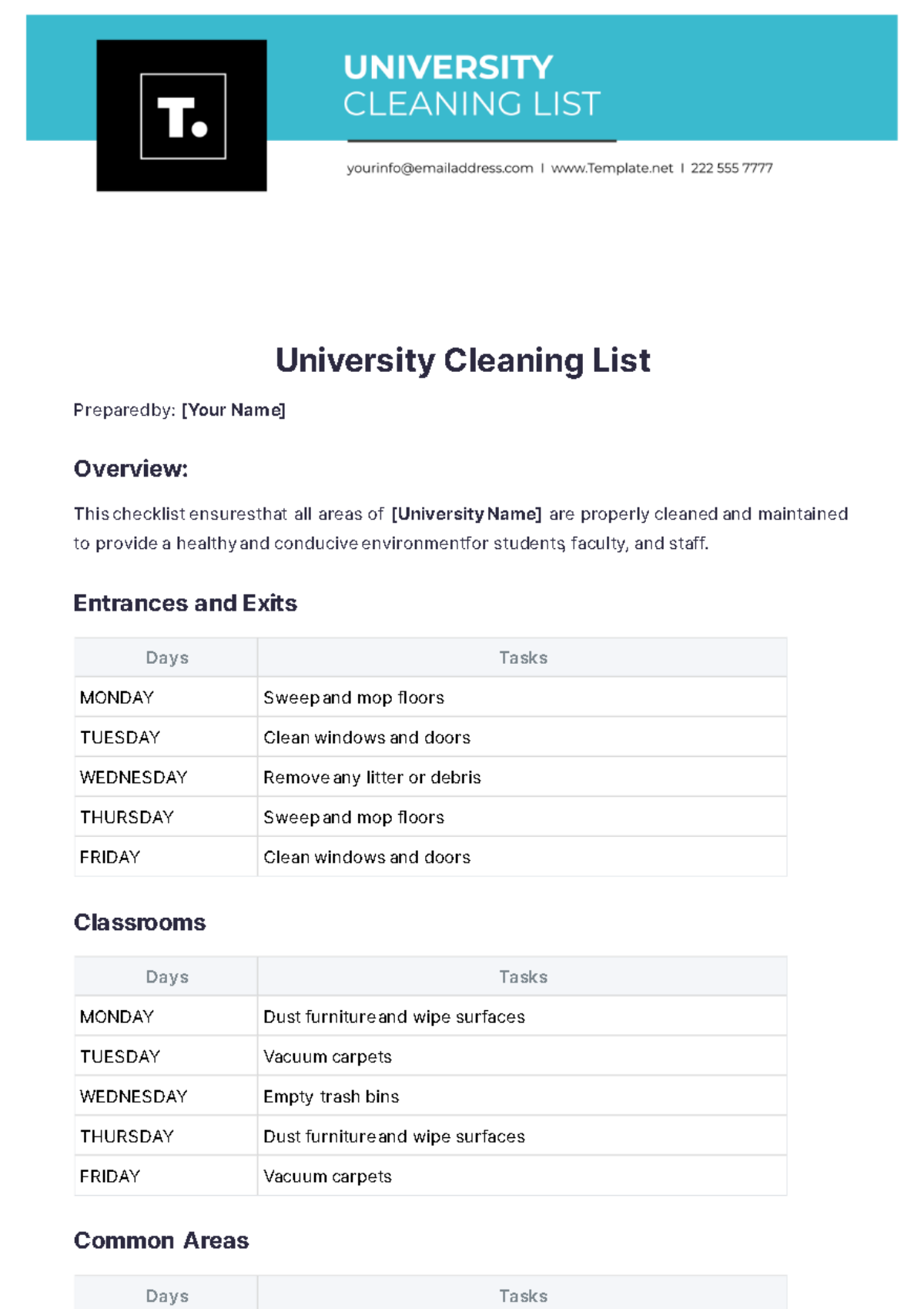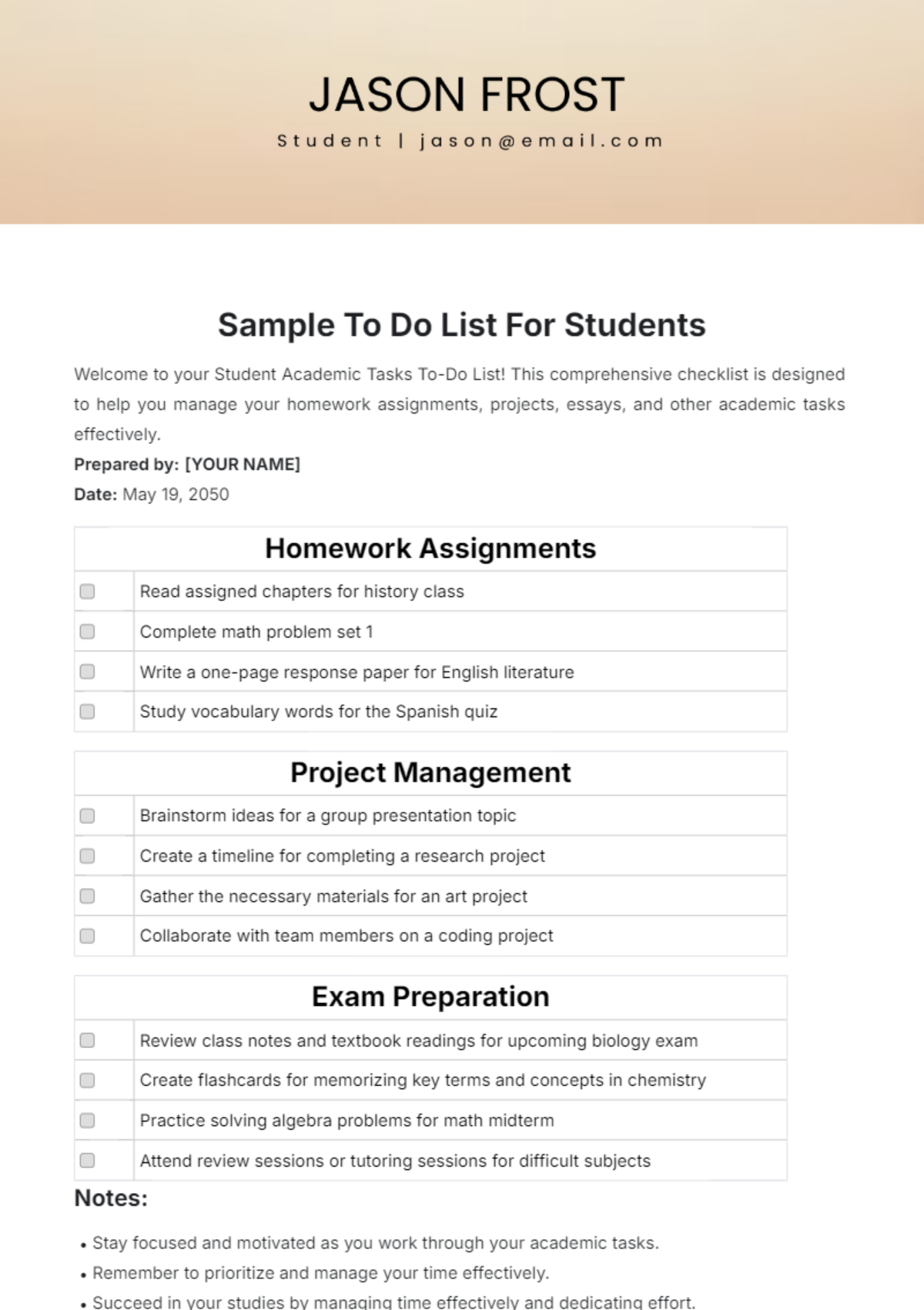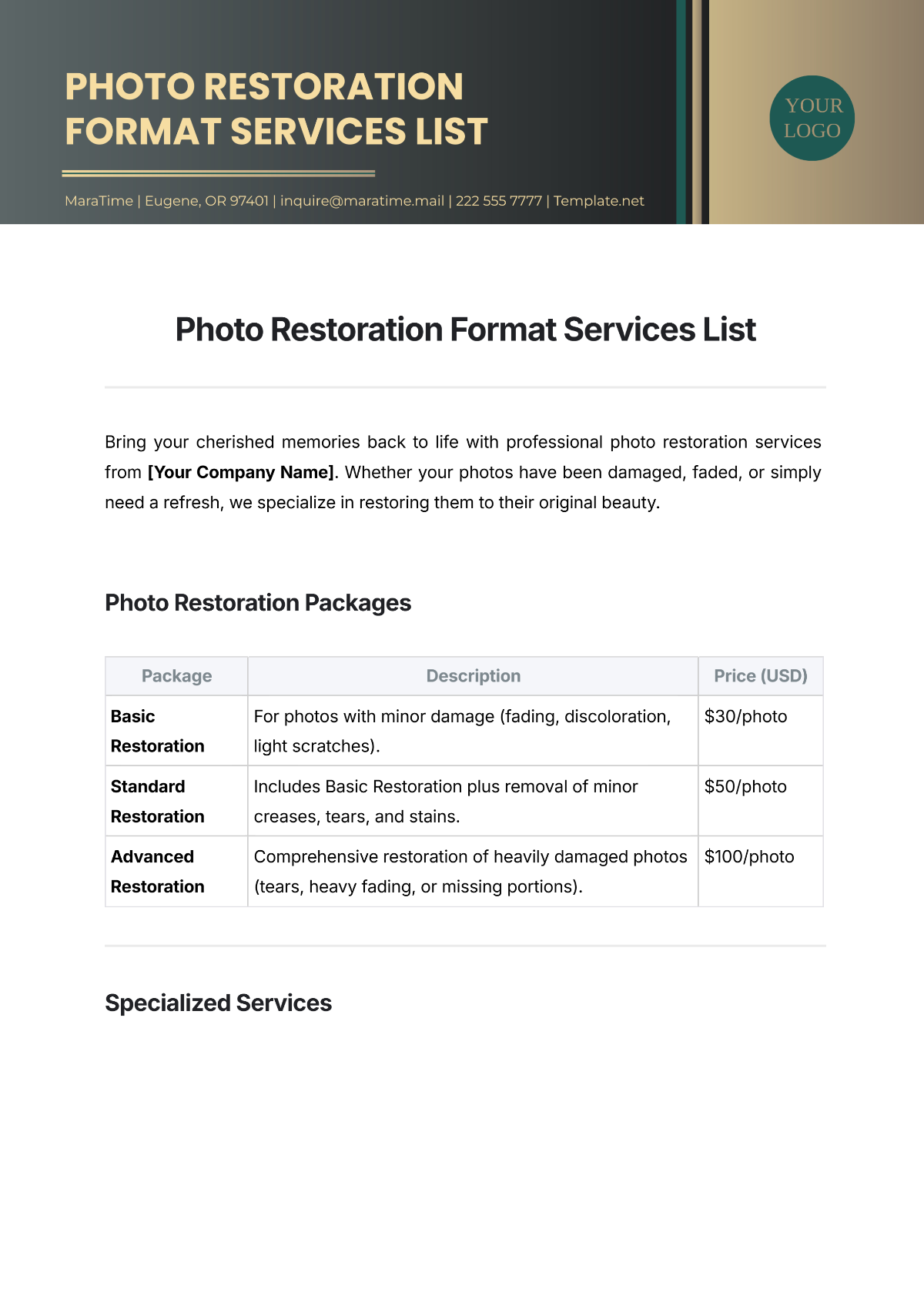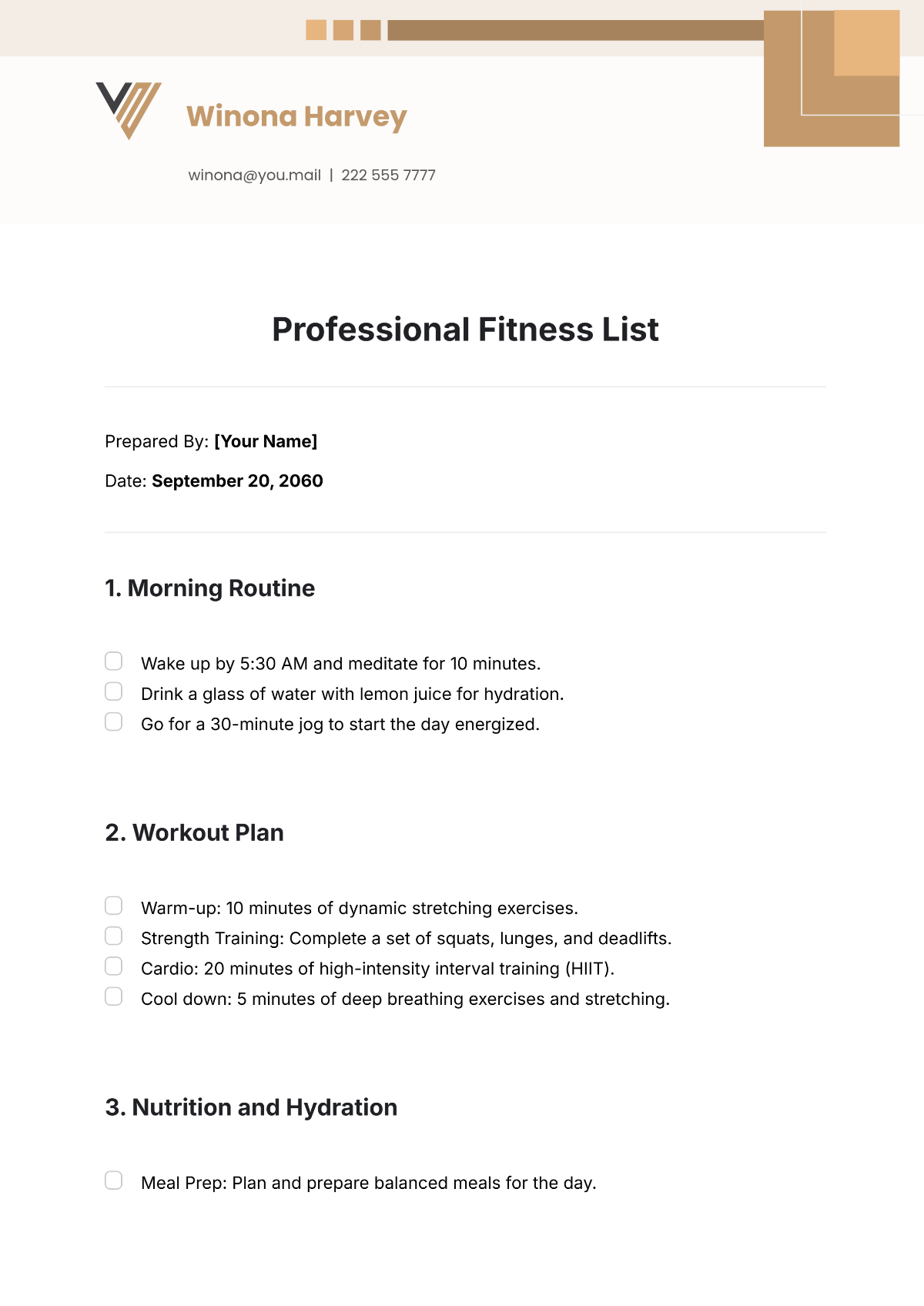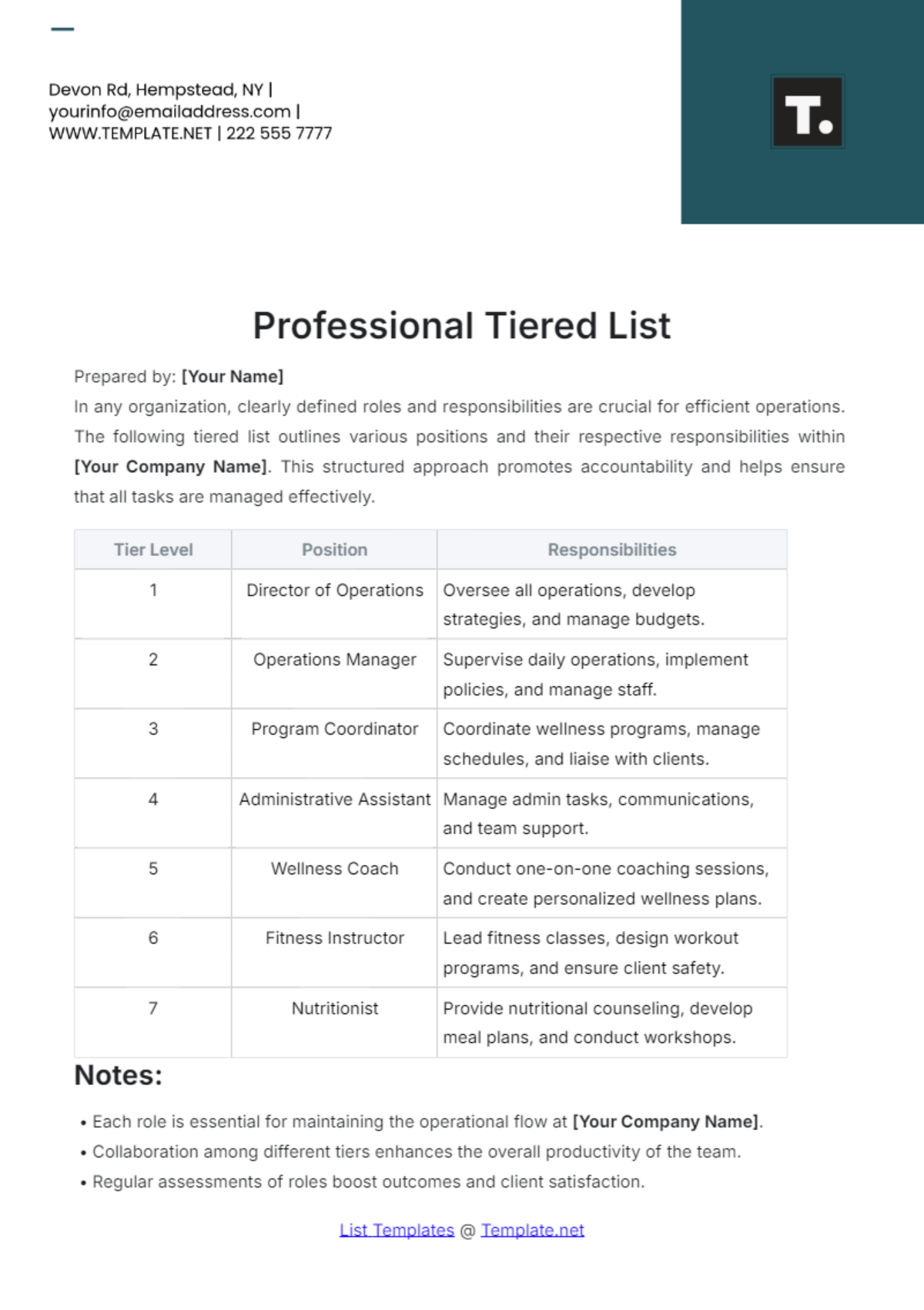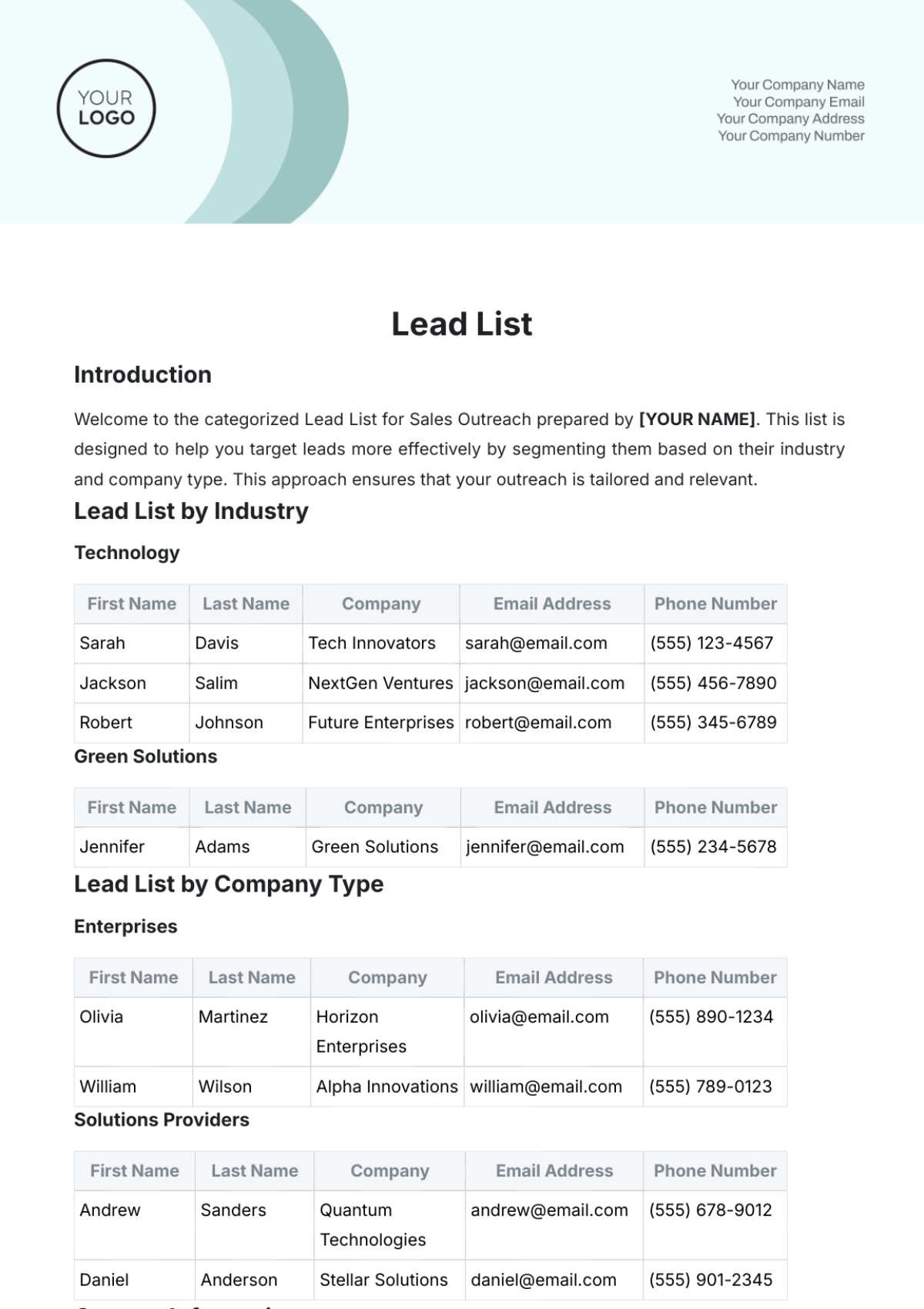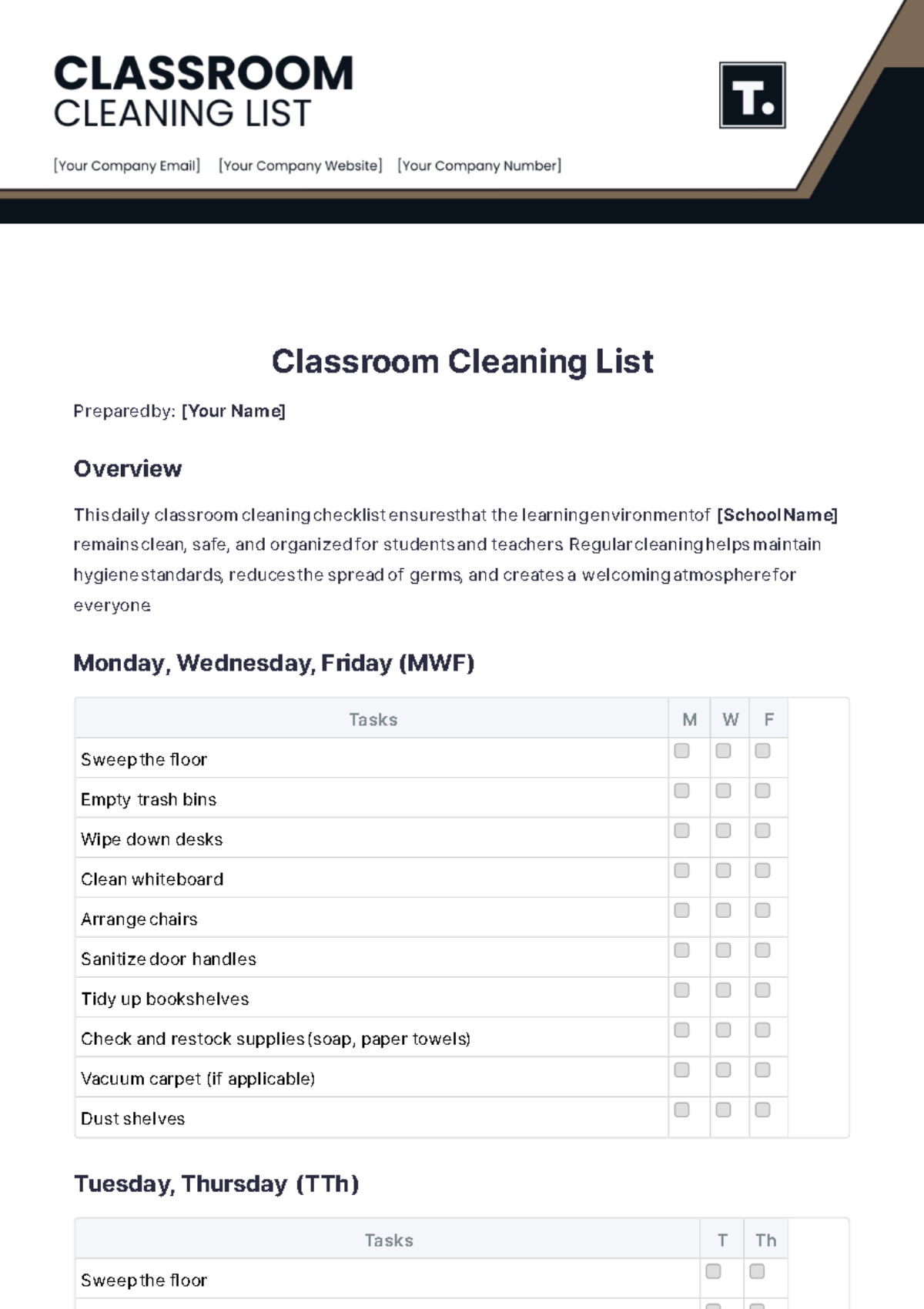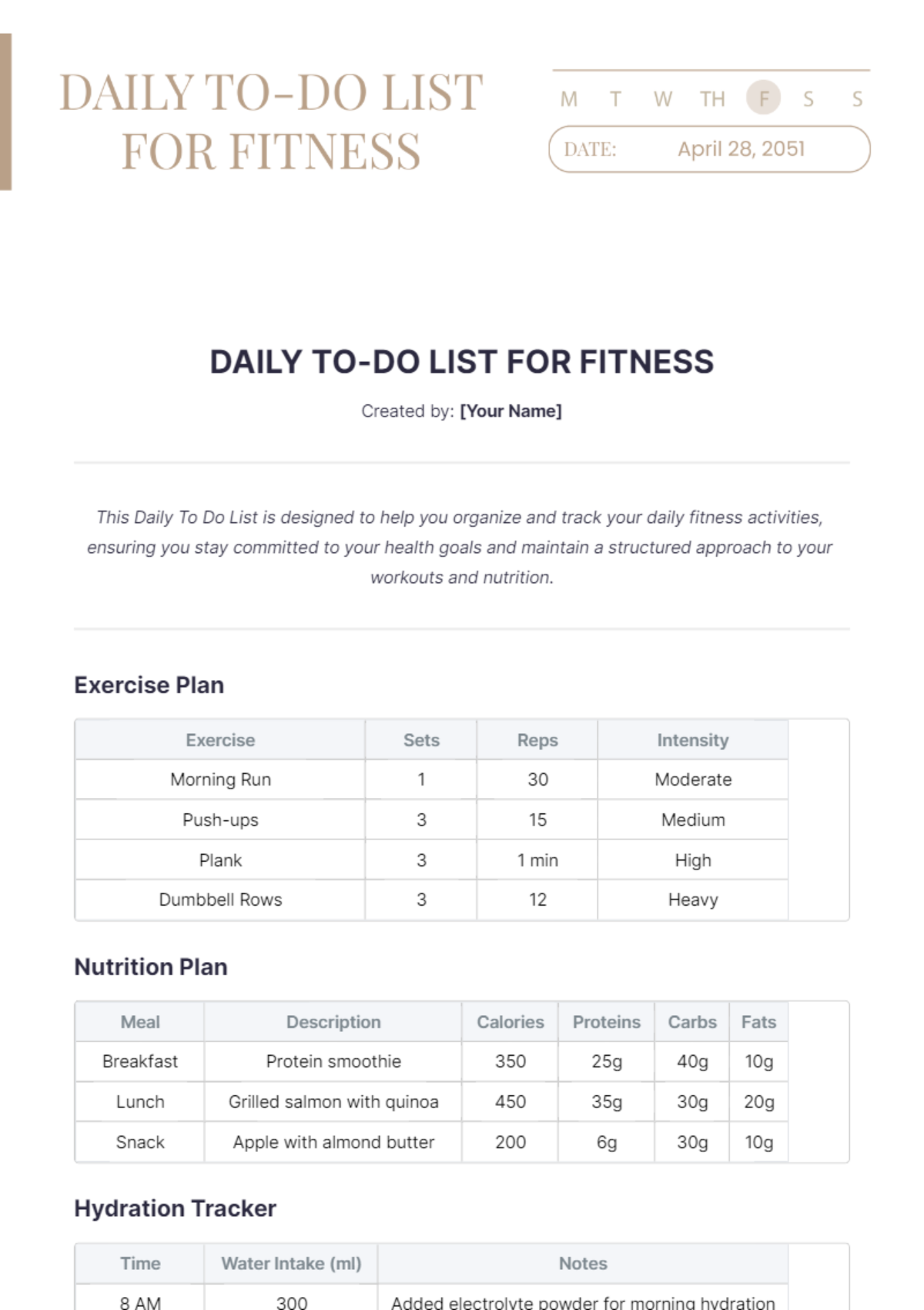Comprehensive Allergy List
Name: | [YOUR NAME] |
|---|---|
Company: | [YOUR COMPANY NAME] |
Date: | [DATE] |
Overview
This list comprises a compilation of known allergens that an individual may be allergic to. It acts as vital source of information that would help the person with allergies and other people around the individual to manage and respond effectively to potential allergic situations. Here, you'll find listed allergens, level of severity, reactions, and precautions to be taken.
The Allergy List
Allergen Name | Type of Allergy | Severity | Common Reactions and Precautions |
|---|---|---|---|
Peanuts | Food Allergy | High | Can cause Anaphylaxis, avoid any food with traces of peanut. |
Dust Mites | Environmental Allergy | Medium | May lead to asthma and rhinitis, use dust proof covers and keep environment clean. |
Penicillin | Drug Allergy | High | Anaphylaxis or hives, always tell healthcare providers regarding the allergy. |
Latex | Contact Allergy | Medium | Skin reactions or anaphylaxis, avoid direct contact. |
Dogs | Animal Allergy | Low | Led to eye inflammation, nasal symptoms, use allergy medications when necessary. |
Mold | Environmental Allergy | Low | Can cause sneezing or coughing, keep the environment dry and mold-free. |
Sulfa Drugs | Drug Allergy | High | Possible hives or anaphylaxis, always inform medical staff of the allergy. |
Eggs | Food Allergy | High | Anaphylaxis or digestive symptoms, avoid any food that might contain eggs. |
Cats | Animal Allergy | Medium | May cause asthma or rhinitis, use air purifiers and wash pets regularly. |
Pollen | Environmental Allergy | Medium | Sneezing or itching, stay indoors on high pollen days or wear a mask. |
Additional Information
This list must be updated regularly as allergies and their severity can change over time.
Always carry an Epipen or equivalent with you if you have any allergies listed as 'High' severity.
Wear a medical alert bracelet or necklace that specifies your allergies in case of emergencies.
Communication is key. Always inform those around you, particularly food and health providers, about your allergies.
It's not just ingestion or contact that can trigger allergies, inhalation and injection can also cause reactions.







